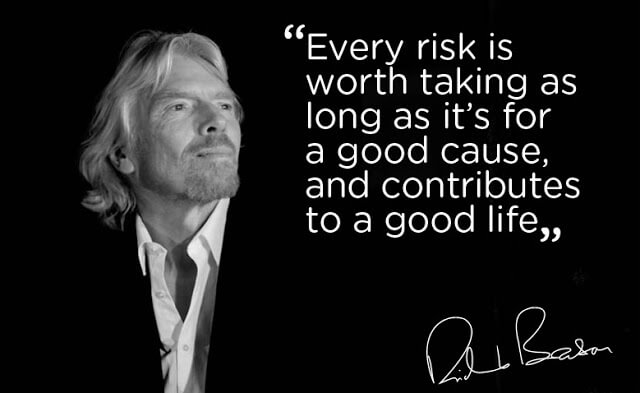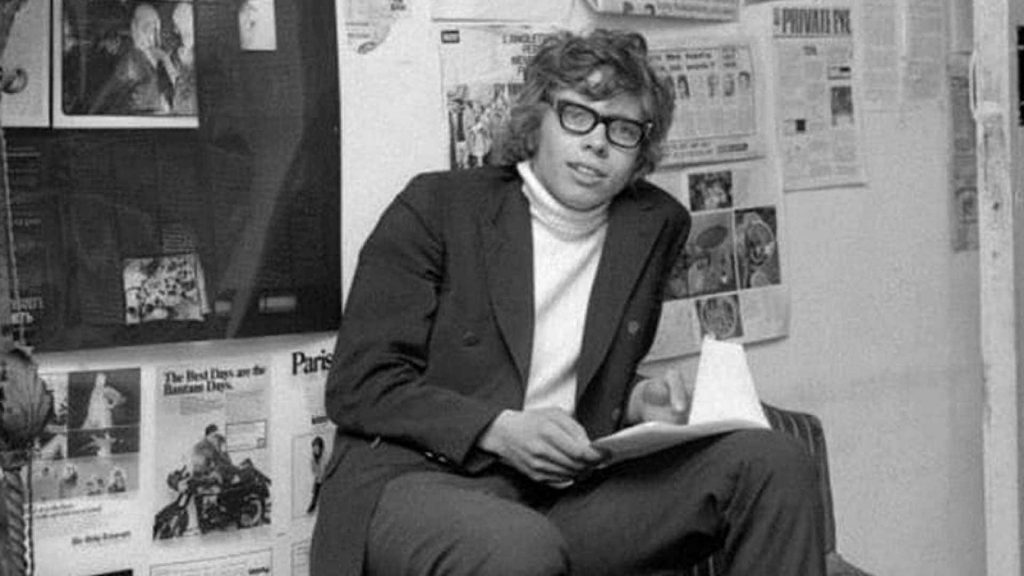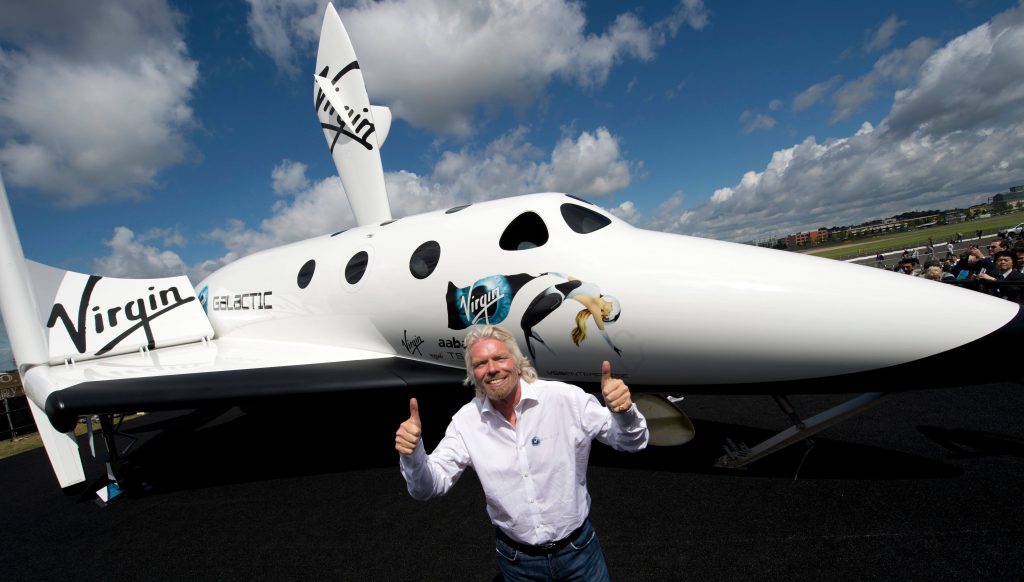
Richard Branson is an English business tycoon and philanthropist who owns the Virgin Group. Starting with Virgin Records, the Virgin group has had more than 400 companies under its umbrella to date. A serial entrepreneur, Branson has led an extraordinary life full of ups and down. He has embraced his moments of success and struggle, and with his indefatigable spirit, he has turned his failures into stepping stones for success.

Early days
Born on July, 18, 1950 in Blackheath, London to barrister Edward James Branson, Branson suffered from dyslexia and had a poor academic performance as a student. He did his schooling from Scaitcliffe School until the age of thirteen and later attended Stowe School till the age of sixteen. His entrepreneurial ways began pouring early and gradually he discovered his ability to connect with others.
The birth of Virgin Records
One entrepreneurial idea led to another. His residence in a London commune entrenched him in the British music scene. This led to the birth of Virgin, a mail-order company that provided his magazine’s funding. Eventually, the company did more than just fund his magazine; the company’s earnings also enabled Branson to open a record shop in Oxford Street, London.
Virgin Records signed on Mike Oldfield as the first artist back in 1973. Oldfield’s song, “Tubuler Bells” topped the UK charts for a staggering 247 weeks. The stunning success of the very first artist that Virgin Records signed clearly shows Branson’s knack to spot talent. This success led to more record deals with now iconic artists such as the Rolling Stones, Sex Pistols, and Culture Club. These bands catapulted Virgin Records among the top record companies worldwide.
Hits and Misses
Virgin Records, however, was only able to sustain its success for so long. Financial struggles added up by 1992 and the company was having problems just staying afloat. The next year, Branson had to sell it to THORN EMI for $1 billion. Prior to this setback, however, Branson added two travel companies under his belt: the Voyager Group and Virgin Atlantic. His first store in Oxford Street eventually multiplied into a series of Virgin megastores.
Selling Virgin Records wasn’t easy for Branson; it was mentally traumatic. There were reports of him crying after signing the contract. But he did not let the loss stop him from pursuing other achievements in the music business. In the same year of the sale, he opened Virgin Radio. Three years later he was able to establish V2, his second record company that signed on artists like Tom Jones and Powder Finger.

From Media to Finance to Outer Space
Branson diversified his businesses and added an airline, Virgin Atlantic, in 1984. He leased his first 747 to fly from New York to Gatwick, making Virgin Atlantic compete against British Airways. His other big firms include Virgin Media, Virgin Money, and even Virgin Trains. All his companies fall under the Virgin Group, which includes more than 200 companies spread throughout the world — countries such as Canada, Australia, the US, and parts of Asia, Europe, and South Africa.
Philanthropist
Branson’s incredible journey isn’t just about creating wealth, but also about putting it to worthy causes. Branson believes in giving back to society. He started his first charity when he was just 17. Branson has been a regular philanthropist to the educational charities working in African countries. Further, he has pledged $3 billion in the next ten years to address the burning issue of global warming.